What Happens After A Stroke
Do you know what do after a stroke? Strokes affect nearly 800,000 people in the US every year. Around a quarter of these are people who have suffered one in the past.
Knowing what to do if you suspect someone is having a stroke is vitally important. The earlier stroke rehabilitation treatment is received, the better their chance of recovery. Delays can leave someone disabled or can even lead to death.
The terrifying event has happened, but the thought of what happens next can be just as daunting. There is always hope of a full recovery even if you experience more than one stroke.
Download Advanced SystemCare Pro Crack
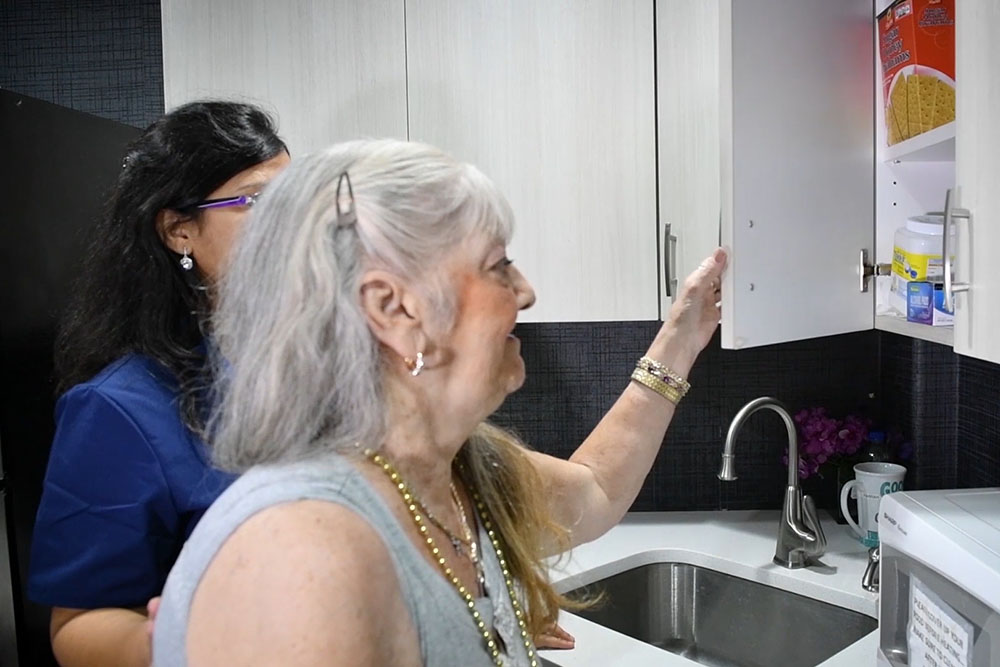
The effects of a stroke
A stroke is the result of the blood supply being cut off to your brain. This is caused by either a blood clot or a broken blood vessel. The lack of blood means the brain does not receive essential oxygen and nutrients. Being starved of these things for too long means that brain damage may occur.
After a stroke, the effects are dependent on the amount of tissue damage and the part of brain affected. However, common effects include:
- Paralysis on one side of the body
- Difficulty in communicating
- Memory loss and confusion
- Depression and other personality changes
- A difficulty with bladder control
What to expect after a stroke
Change to your everyday life is only to be expected. Initially, some time will be spent in hospital. Tests and brain scans are likely to be taken to assess the severity of the stroke. Medication and treatments will be prescribed.
Recovery can be a very lengthy process. Rehabilitation comprises constant care combined with intense therapy sessions.
Difficulties with, or even losing the ability to verbally communicate are common. The throat can be affected which leads to difficulty with eating and drinking. Speech and swallowing-therapy may be necessary.
Problems with memory, lack of attention, and depression will all require different forms of cognitive and occupational therapy.
Paralysis or weakness of body parts, usually the limbs, is very common after a stroke. Ongoing physical therapy sessions are able to help regain balance and to strengthen the muscles. Patients can expect to use a cane or walking frame to assist with walking as part of their recovery.
Numbness after a stroke
During a stroke, there is no damage caused to the nerve endings. However, an unusual side effect that occurs is a numbness or tingling sensation in parts of the body. Patients liken it to having a dead arm such as happens when the limb has been in the same position for too long. The exact cause of these sensations is unclear. It’s as though the brain is unable to interpret what the nerve endings are telling it.
To combat the numbness, you need to educate the brain and sensory receptors to communicate again. It is like relearning how to feel and identify the feeling of different textures and sensations.
Getting the right care is vital for recovery. The need for continued therapy can be a drain on loved ones. Nursing care and highly skilled therapists at Fairview Rehab & Nursing Home in Queens, NY, can provide all the care required after a stroke.
This article contains informational and educational materials and does not replace health or medical advice. For questions or concerns regarding your medical condition or health objectives, speak to a qualified physician or healthcare provider.
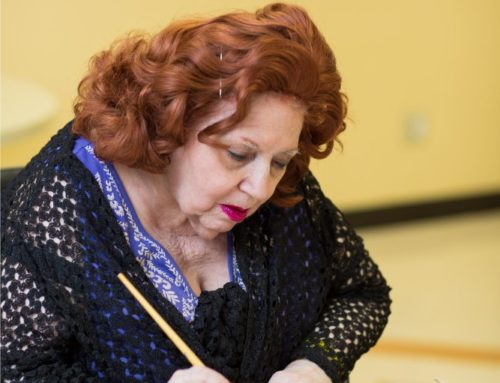
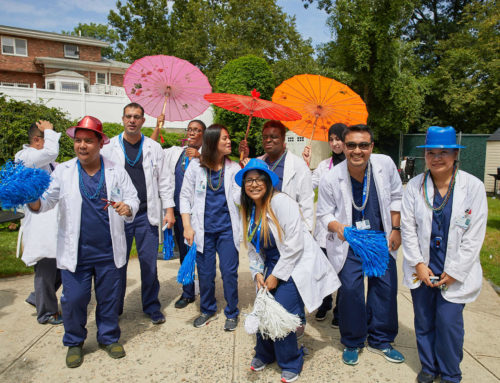
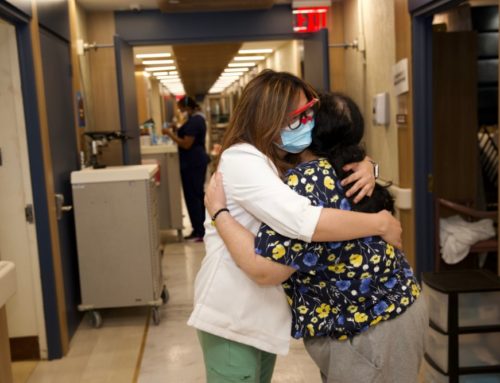
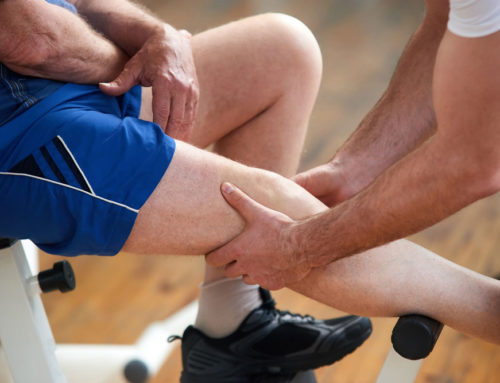
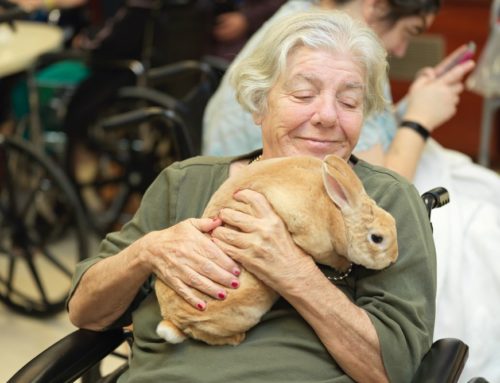
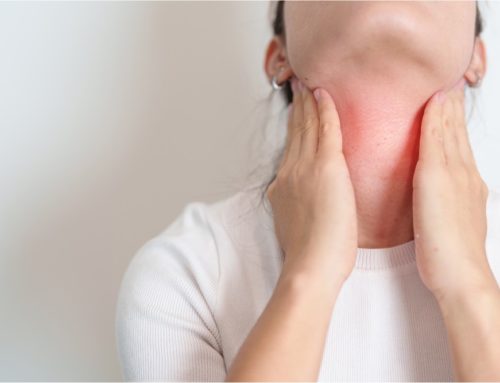
Leave A Comment